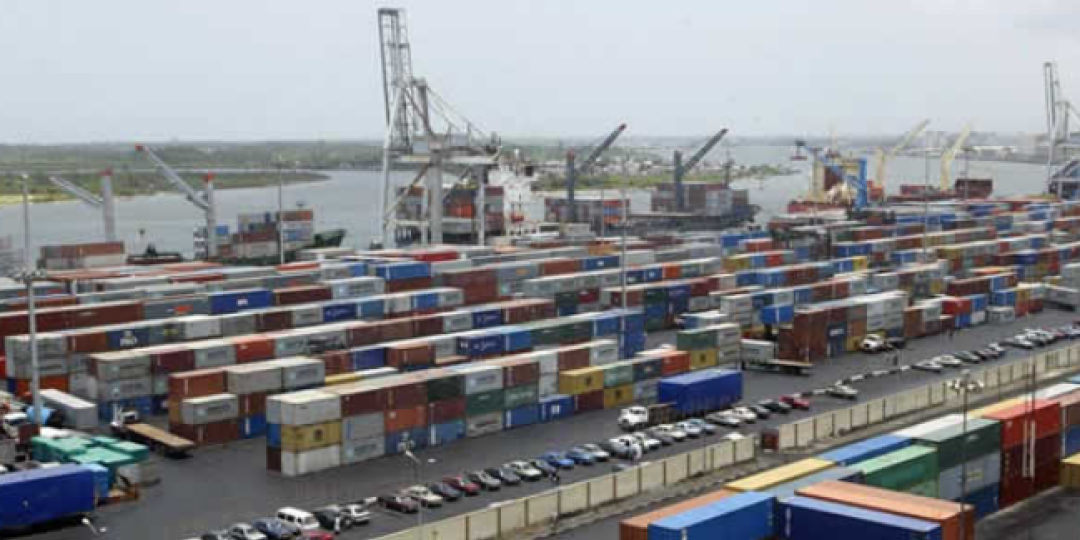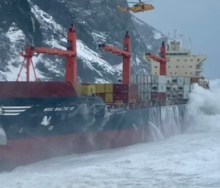The six seaports of Africa’s largest economy and most populous nation, Nigeria, handles 4000 vessels annually, with 72 000 personnel who must all be accommodated and entertained for the duration of the ship’s visit.
That’s according to the Nigerian Ports Authority (NPA) managing director, Mohammed Bello-Koko, speaking at the weekend.
The ports are Apapa and Tin Can ports in Lagos, the Omne and Port-Harcourt ports in River State, including the Warri and Calabar ports.
Bello-Koko spoke at the commissioning of the Mission To Seafarers (MTS) centre in Lagos.
He said it has become necessary for the NPA to intensify collaboration with global institutions like the MTS to encourage shore leave and crew changes at its facilities and to reap the benefits of coastal tourism.
He said: "The partnership with the MTS, and consequent development of this seafarers centre, is testament to our relentless commitment to advancing maritime trade and unleashing fresh opportunities for growth and prosperity inherent in Nigeria's blue economy.
"Shore leave and crew change for ships’ personnel provides concomitant benefits for coastal tourism and the projection of a positive image and reputation for our nation.
"Already we are witnessing improvements in inland traffic to and from our ports.
“These, coupled with developments in intermodal transportation, as seen with our advancing rail system, are bound to encourage and stimulate immense opportunities in the maritime ecosystem."
Bello-Koko said seafarers are highly treasured by the NPA, adding that the MTS centre was only one of many more initiatives to come in the not-too-distant future.
He assured MTS of the unwavering commitment of the NPA to improving seafarers' welfare in Nigeria.
"It would be pertinent to mention that the combination of being a coastal nation and the sub-regional economic powerhouse, as well as being a nation with a youth population at about 60%, compels us to take advantage of every opportunity to deepen our port competitiveness and rating to attract necessary opportunities to cater to this growing demography,” Bello-Koko said.
The MTS provides help and support for 1.89 million crewmen and women who face danger and difficulties every day to keep the global economy afloat.
It is present in 200 ports in 50 countries.













